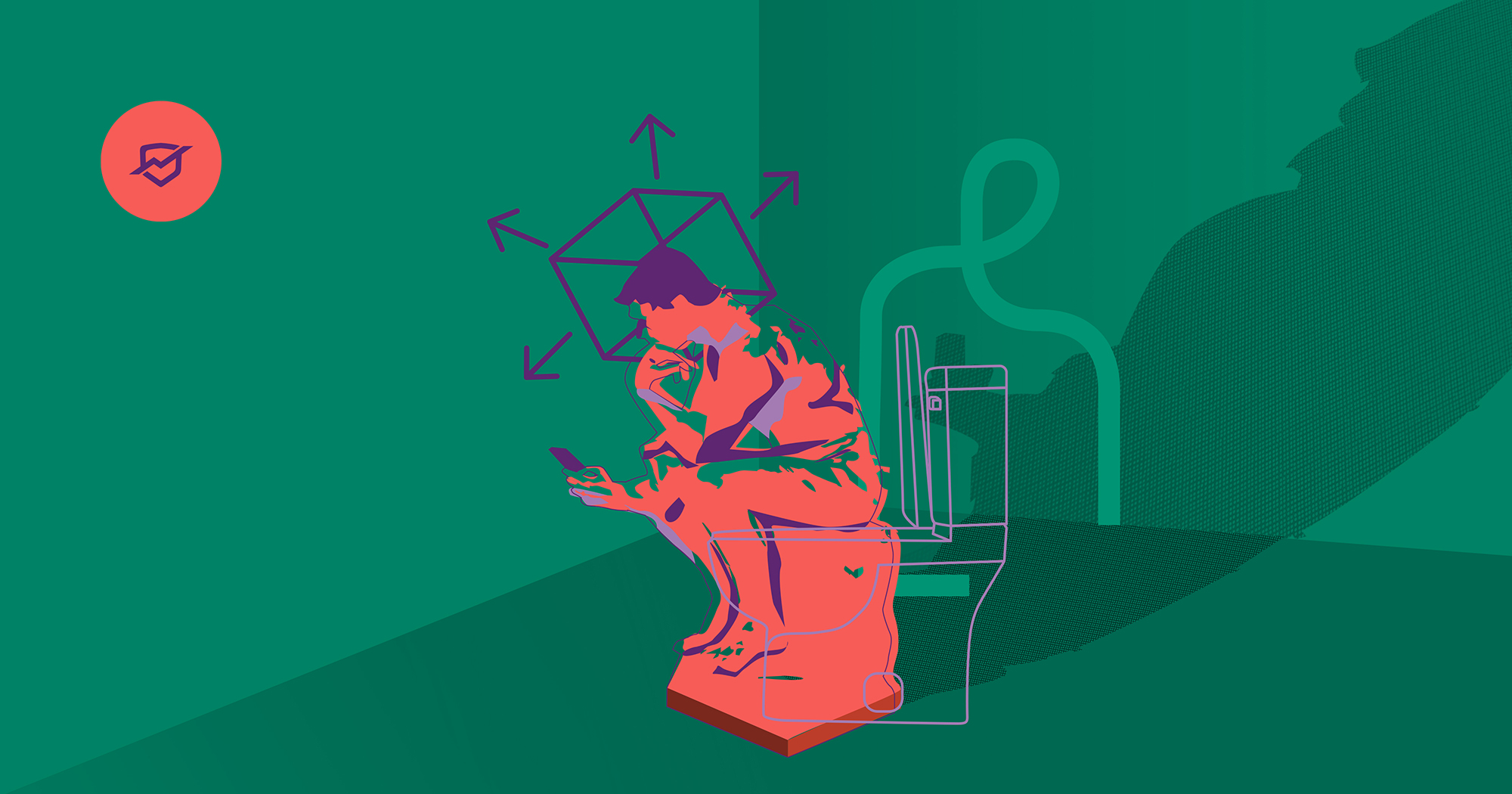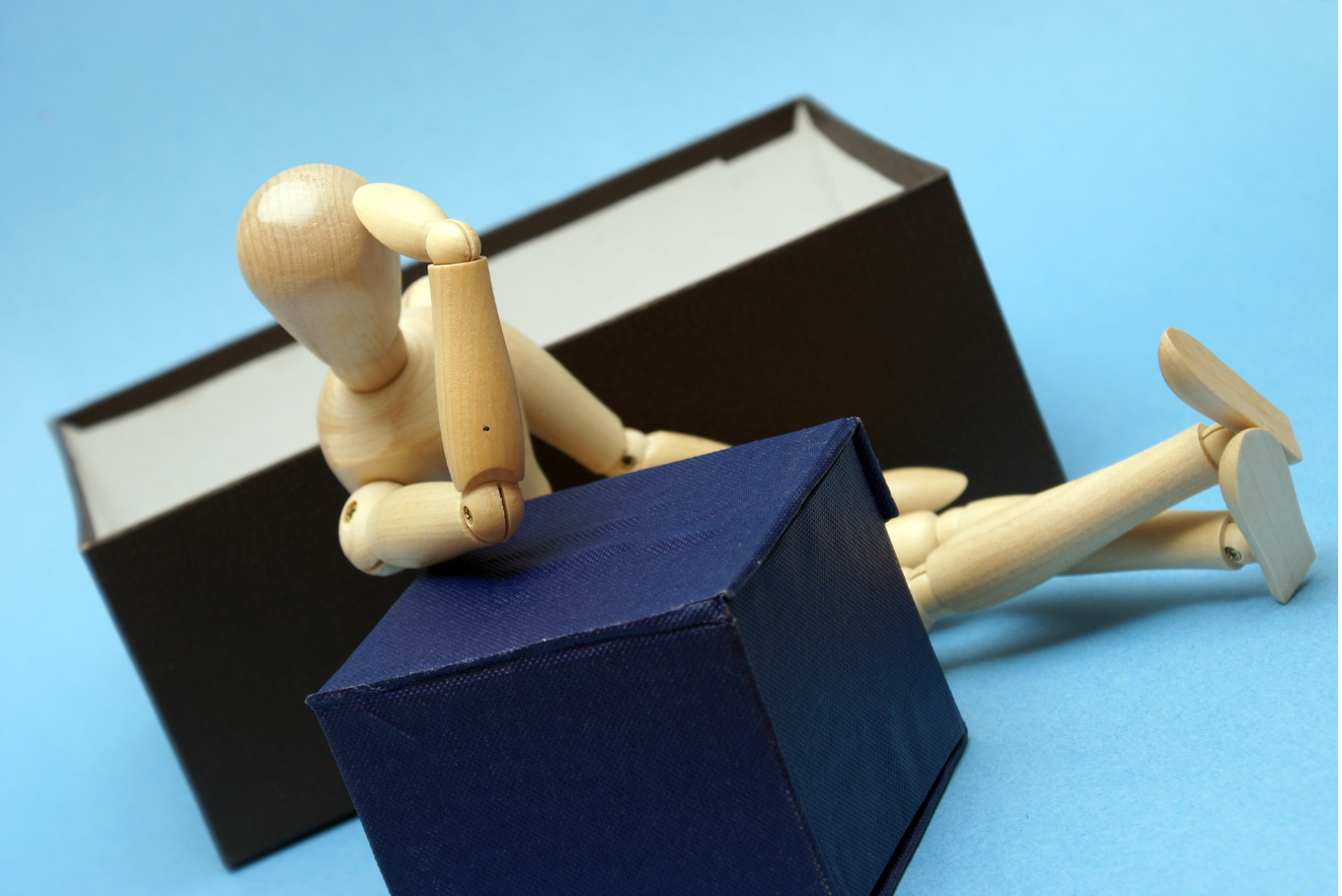
The generations who have gone before us have done a fantastic job of creating a multitude of opportunities for us to pick and choose from like the freedom to change careers and choice over when and if you have a family. With so many possibilities pulling on our time and money, we can be spoilt for choice.
Our forebears (our parents!) have also passed on the not-so-lovely gift of the rising cost of housing. Times have changed, and the formula of “work hard and save hard” is, in all honesty, not what most people, particularly younger people, want to hear from family members. Especially those sitting comfortably in a home they bought far more cheaply than we can today. You are looking for more constructive and helpful advice for a generation that continues to age in an increasingly challenging housing market.
When you have many other equally important things pulling at your spending dollar, you need to think a bit more creatively than just squirreling your money away. Owning your own home can still be done if that is what you want to do — you might just have to do a bit of lateral thinking to get your deposit and your foot on that ladder.
Not all houses in Aotearoa New Zealand cost $1 million so please don’t let housing headlines crush your goals. I viewed an open home in Central Otago last weekend. A funky two-bedroom home which, before kids, would have been perfect for Jonny and I. The asking price was $500,000 and the bank deposit required 20%, or $100,000.
Adding some specificity to your house deposit goals, instead of just having some intangible number in mind, helps you focus, prioritize and ultimately motivate yourself because you can figure out how much you’ll need to save for your deposit amount and how long it will take to get there.
Once you know what your bank requires of you, start brainstorming ideas and get cracking on that $100,000 target!
Find out your exact net worth, which is what you own minus what you owe. How much money can you pull together to go towards your deposit?
Once you have done all the usual things around cutting your expenses, I want you to think about what you can do to earn more money. Part of the old formula of “spend less and save hard” was that people work the same 9-5 job year after year. I know from the people I meet through my blog that that’s no longer the case for a considerable number of people.
Increasingly, our incomes are made up of many income streams. You can request a pay increase if you have a day job, but there are also side hustles that bring in consistent extra income which also add variety to your life, letting you explore your passions and get paid for them.
Many of us are underemployed and could put our skills to better use, earning more. Go out and look for those opportunities, negotiate the highest salary or hourly rate, then save the extra money you make into your house deposit bank account.
I have a category in PocketSmith simply called “Extra Income” and throughout the month, this is where I code it each time I make a little more cash. It gives me a sense of satisfaction to see how much extra money I can pull in each month over and above my normal jobs.

The area I live in needed orchard workers right when I was on my annual leave. With no particular holiday plans, I could have easily picked up a couple of thousand dollars for two weeks of work (while also being paid annual leave by my regular employer). If you are fit, keen and have a goal in mind, work two jobs and swipe that extra money straight into your house deposit fund.
A friend was an extra in a film, earning $800 for a day’s “work”’. Heck, a friend’s dog was an extra in a film, earning thousands of dollars! Sign up for a talent agency and use your talents. My talent happens to be writing which led to my blog as a side hustle, getting me one step closer to my next monetary goal.
If you are an early riser, don’t forget the humble garage sale. Many people have made a healthy profit by buying items, cleaning them up and flipping them for profit. Who knows what valuable collectible you might find too!
There are endless possibilities of how you can make extra money outside of things like delivering for Uber Eats or charging e-scooters. Be open to new ideas and experiences that will earn you extra money. Every $1,000 you can make takes you one step closer to reaching your goal and that should be all the motivation you need.
I remember my first overseas trip with a university friend. It was not Instagram-worthy by any stretch of the imagination! We were 19 and had scratched together the bare minimum, enough to get on a plane, land somewhere that was not our home country and see as many sights as our meager budget would afford. I holiday differently now, and the accommodation has a couple more stars. Thank goodness.
We took the same approach for our first home. It was cheap and a little uncomfortable, but we could make it work. Many years later, we could afford a little more. A four-bedroom home with a separate office space would be lovely to have, but a two-bedroom flat is much more likely to be at a price point that works for you while still meeting your needs.
You’re not locked into a house forever, and it’s easier to move up the property ladder once you’re on it — cliché, but true! You’re much more likely to reach your home deposit target if you set realistic expectations about what you can reasonably afford, knowing that your housing journey is an evolving one, instead of a one-stop destination.
I want you to know that house prices won’t always increase at the current rate; the housing market is cyclical, and history shows us that things will settle. The amount you will need for a home deposit will keep changing, and you will need to change your goals too. But as long as you realize that, you should feel empowered by your actions right now, and saving up a house deposit will be your future reality. I promise you that you will achieve it.
Ruth blogs at thehappysaver.com all about how she and her family handle money. What’s the secret? Spend less than you earn, invest the difference, avoid debt and budget each dollar that flows through your hands. She firmly believes that if you can just get the basics right, life becomes easier from there on in.